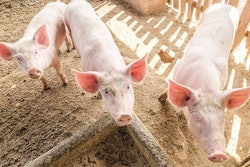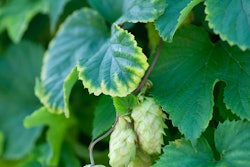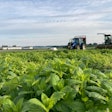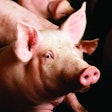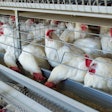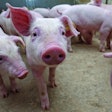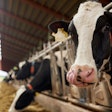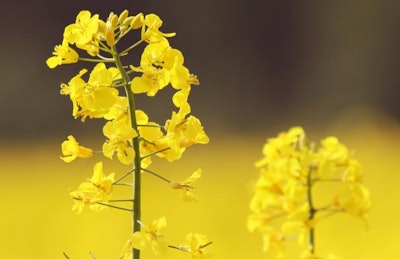
After seeing success in Sweden, producers hope organic rapeseed will fill market gap in Scotland.
Researchers in Scotland are piloting several plots of organic rapeseed in the hope that local production of the oilseed can fill a critical market gap.
The project, led by Scotland’s Rural College, aims to evaluate the best varieties for Scotland’s climate as well as best practices for pest, disease and weed management within organic regulations. It follows the success of a fact-finding mission in Sweden, and recent market developments, which have opened the potential for organic rapeseed production in Scotland.
While conventional rapeseed has been grown in Scotland since the 1970s, its production has historically required a range of chemical inputs to control weeds, pests and disease, according to Robin Walker, the lead researcher on the pilot program. Issues with pest and nutrition management, Walker said, have prevented farmers from successfully raising organic rapeseed in the past, as has the lack of an outlet. Certified organic crushing facilities were located some distance away, necessitating on-farm crushing facilities or high transportation costs.
More recently, Walker said, market forces have begun to drive farmers to explore the organic option once again. Talk of new organic regulations that could restrict where feed may be sourced — as well as a general desire to reduce reliance on imported soymeal, has driven interest in organic rapeseed as a source of protein for organic farmers.
To this end, Walker said, Scottish feed company Norvite began investigating an expansion of its crushing activities to produce meal for livestock feed. Norvite’s desire for access to organic rapeseed spurred the creation of the Scottish Organic Canola project in early 2018.
The group determined that the bulk of the research on organic canola production was taking place in France, Denmark and Sweden, and in March 2019 organized a trip to Sweden to meet with farmers and experts in the field.
“Average organic oilseed yields in Sweden are very similar to conventional yields, which was a surprise to the group,” Walker said.
Although there can be problems with pests every few years, Walker said, the northerly latitude seems to reduce this risk compared with central Europe, raising hope that Scottish production could take place with attention to disease prevention and precision weed management.


